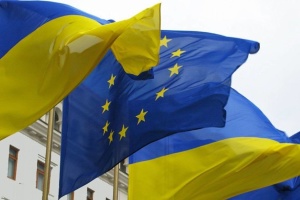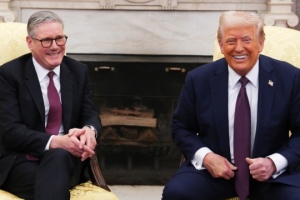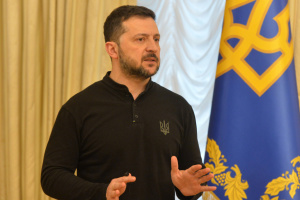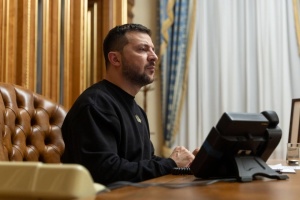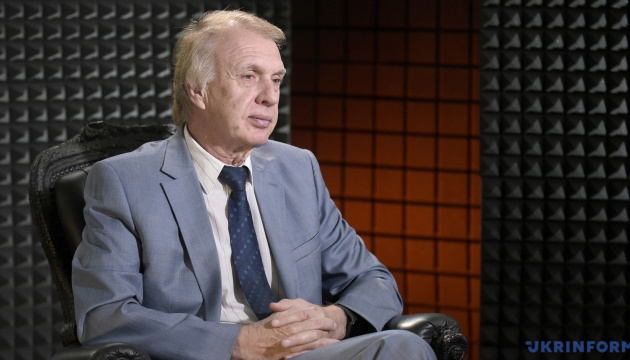
Former Ukrainian FM praises creation of European contact group to end war
This opinion was expressed by former Ukrainian Foreign Minister and head of the Centre for Russian Studies Volodymyr Ohryzko in a commentary to Ukrinform.
“They (members of the new contact group - ed.) may come up with some proposals (to end the war against Ukraine - ed.). President-elect Trump, as we hear from him, has not yet announced his position, this will happen a little later. Nevertheless, it is beneficial that we can now, just before he officially takes office, prepare certain common ideas for him, including European ones. I think it makes sense,” the diplomat said.
He added that Ukraine needs to “bring together” all those who can help to resolve the current situation with real practical steps.
He said that, at this stage, it is not possible to predict the outcome of the creation of a new contact group. However, as the former minister noted, amid some statements indicating that the United States will gradually reduce its assistance to Ukraine, “the establishment of a European hub is a highly beneficial and necessary initiative.”
“Therefore, if countries such as France, Britain, Germany, Poland, Denmark unite, and perhaps others will join, and they start to think about how to counter Russian aggression, with the understanding that we get real security guarantees, not just freeze the war, then it makes sense. If this is merely a form of coercion to force Ukraine to give up its territories, then I believe it makes no sense for us to accept such a proposal,” Ohryzko concluded.
As Ukrinform reported, at a meeting with Friedrich Merz, the leader of the German opposition and candidate for chancellor from the conservative CDU/CSU bloc, President Volodymyr Zelensky said a meeting of a Contact Group consisting of Germany, France, Poland, the United Kingdom and Denmark is planned for mid-December to develop Europe's position on ending the war against Ukraine.
US President-elect Donald Trump named resolving the situation with the Russia-Ukraine war as his top foreign policy priority upon taking office on January 20.


